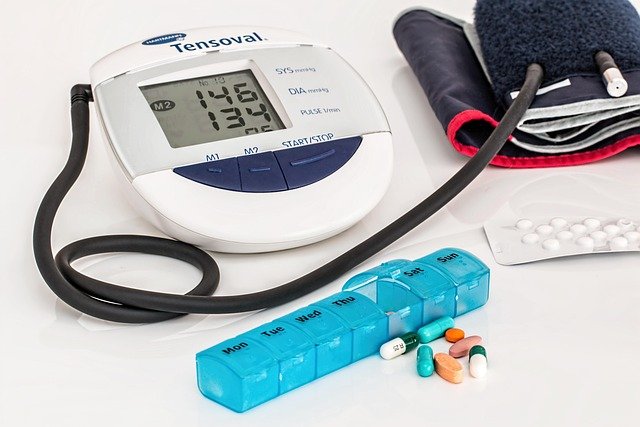Levothyroxine Users: What You Should Know About Hyperthyroidism Treatment
Hyperthyroidism is a condition characterized by an overactive thyroid gland, leading to excessive production of thyroid hormones. This can cause a range of symptoms, including weight loss, rapid heartbeat, anxiety, and heat intolerance. While there are several treatment options available, levothyroxine is a commonly prescribed medication for managing thyroid disorders. This article will explore what levothyroxine users should know about hyperthyroidism treatment, how the medication works, and important considerations for those taking it.

How does levothyroxine work in treating hyperthyroidism?
Levothyroxine is a synthetic form of the thyroid hormone thyroxine (T4). In the case of hyperthyroidism, it may seem counterintuitive to prescribe additional thyroid hormone. However, levothyroxine is used in a specific approach called “block and replace” therapy. This method involves using antithyroid medications to suppress the overactive thyroid gland while simultaneously providing a controlled amount of thyroid hormone through levothyroxine. This approach helps maintain normal thyroid hormone levels in the body while preventing the gland from producing excess hormones.
What should levothyroxine users know about dosage and administration?
Proper dosage and administration are crucial for the effectiveness of levothyroxine treatment. The medication is typically taken once daily, preferably in the morning on an empty stomach, about 30 minutes to an hour before breakfast. It’s important to maintain a consistent routine when taking levothyroxine, as food, certain medications, and supplements can interfere with its absorption. Users should be aware that finding the right dosage may require some time and adjustment, as it is based on individual factors such as age, weight, and the severity of the thyroid condition.
Are there potential side effects or interactions for levothyroxine users?
While levothyroxine is generally well-tolerated, users should be aware of potential side effects and interactions. Common side effects may include headache, nervousness, irritability, and insomnia, especially when starting treatment or adjusting dosages. More serious side effects, though rare, can include chest pain, rapid or irregular heartbeat, and allergic reactions. It’s crucial for users to inform their healthcare provider about all medications and supplements they are taking, as levothyroxine can interact with various substances, including calcium and iron supplements, certain antacids, and some cholesterol-lowering drugs.
How is the effectiveness of levothyroxine treatment monitored?
Regular monitoring is essential for levothyroxine users to ensure the treatment is effective and the dosage is appropriate. This typically involves periodic blood tests to check thyroid hormone levels, particularly thyroid-stimulating hormone (TSH). Healthcare providers may adjust the levothyroxine dosage based on these results and the patient’s symptoms. Users should be prepared for these regular check-ups and communicate any changes in symptoms or concerns to their healthcare provider promptly.
What lifestyle considerations should levothyroxine users keep in mind?
Levothyroxine users should be mindful of certain lifestyle factors that can impact their treatment. Maintaining a consistent diet is important, as significant changes in fiber or protein intake can affect the absorption of the medication. Regular exercise is beneficial but should be discussed with a healthcare provider, as thyroid hormone levels can influence energy levels and metabolism. Stress management is also crucial, as stress can affect thyroid function. Users should also be aware that pregnancy can alter thyroid hormone requirements, necessitating close monitoring and potential dosage adjustments.
What are the long-term prospects for hyperthyroidism treatment with levothyroxine?
The long-term outlook for hyperthyroidism treatment with levothyroxine can vary depending on the underlying cause of the condition and individual response to treatment. In some cases, levothyroxine may be used as part of a temporary treatment plan, while in others, it may be a long-term solution. Users should understand that consistent medication adherence and regular medical follow-ups are essential for successful management of their thyroid condition. With proper treatment and monitoring, many individuals with hyperthyroidism can achieve stable thyroid function and lead normal, healthy lives.
In conclusion, levothyroxine plays a significant role in the treatment of hyperthyroidism, offering an effective way to manage thyroid hormone levels. Users of this medication should be well-informed about its mechanism of action, proper usage, potential side effects, and the importance of regular monitoring. By working closely with their healthcare providers and adhering to treatment plans, individuals with hyperthyroidism can effectively manage their condition and maintain overall health and well-being.
This article is for informational purposes only and should not be considered medical advice. Please consult a qualified healthcare professional for personalized guidance and treatment.




